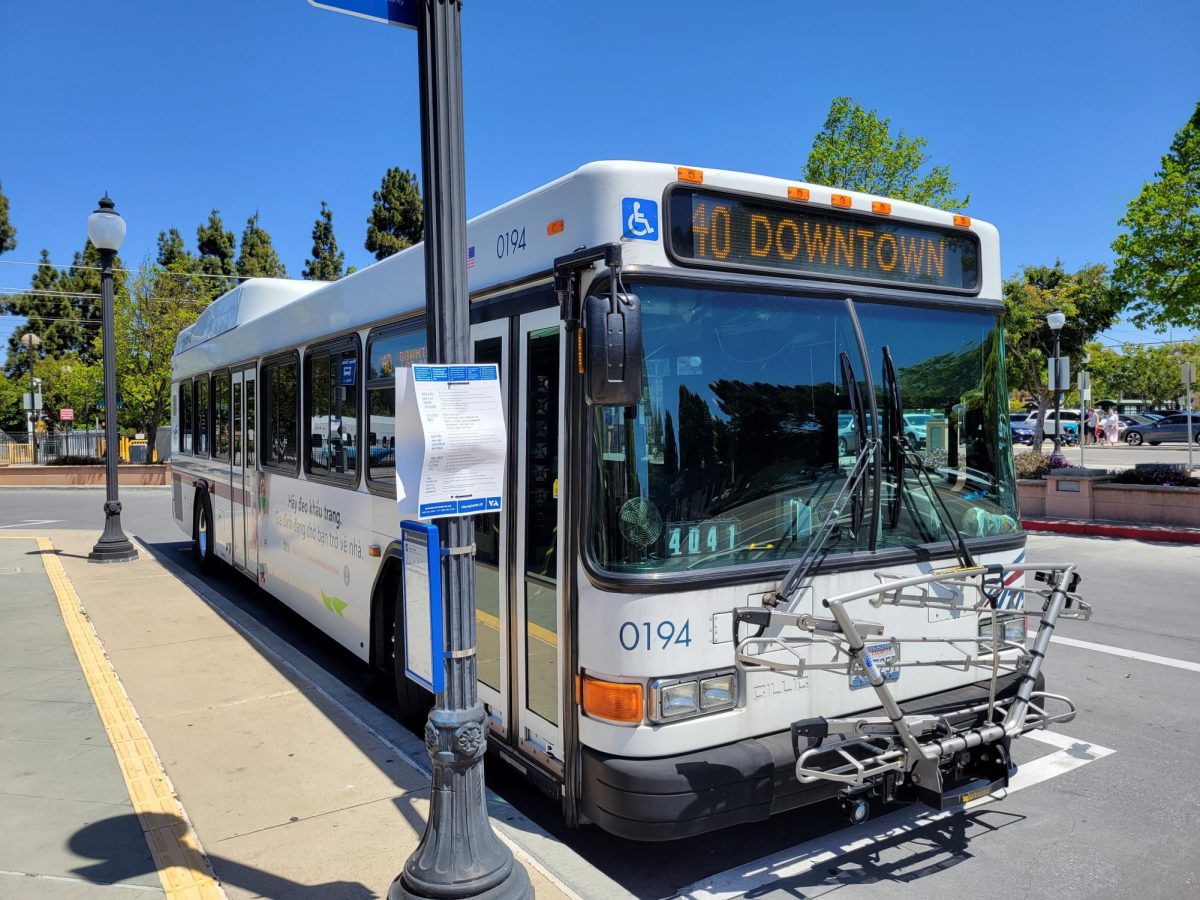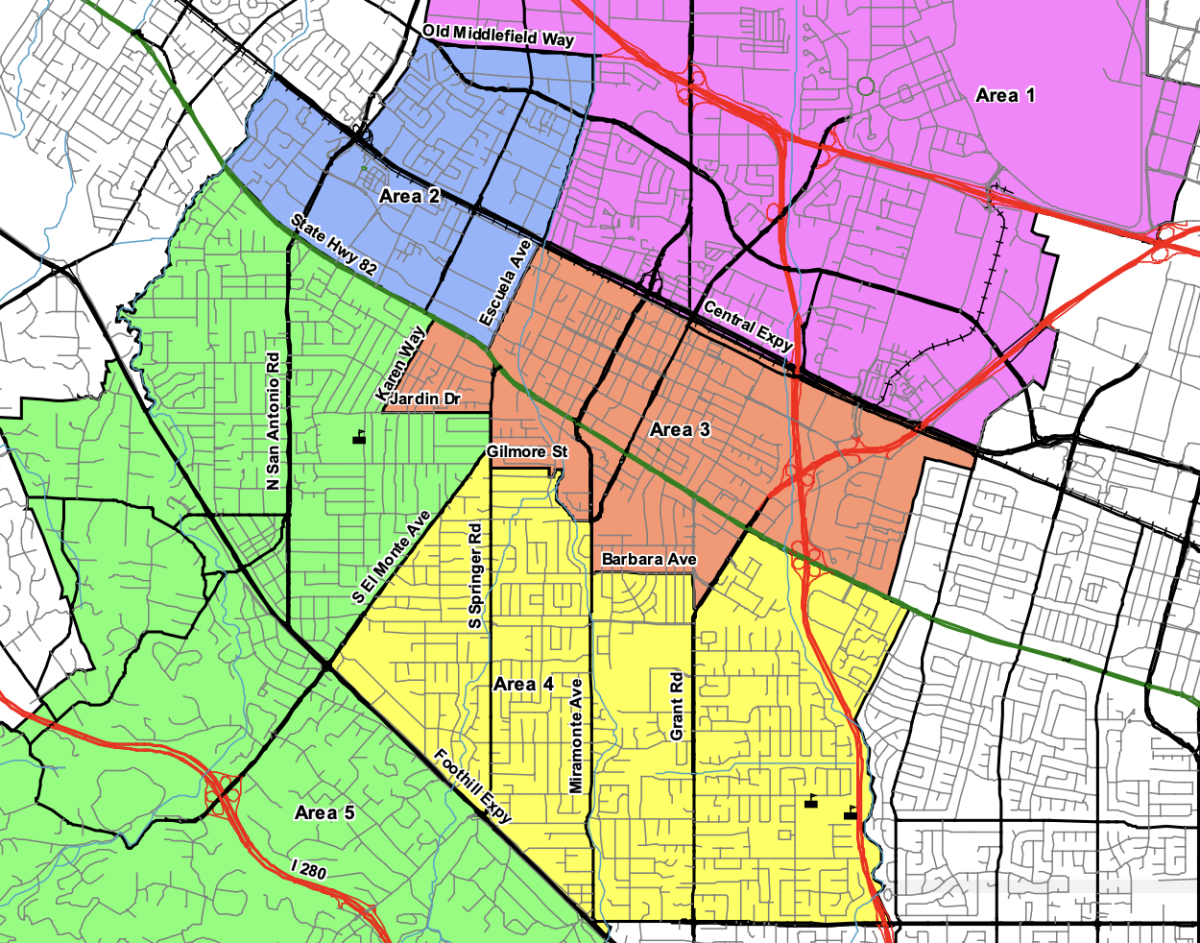On Thursday, January 16, the District Teachers’ Association (DTA), California School Employees’ Association (CSEA) and the MVLA School District began their annual contract negotiations.
Every year negotiations begin with the district sunshining, or publicly announcing, negotiation topics for each of the unions. The DTA and the CSEA negotiate with the district separately and on different topics. Because negotiations are currently underway, all parties have agreed to not disclose any information resulting from these negotiations until all discussions are settled.
However, negotiating topics are sunshined. The DTA negotiation topics that will be discussed this year involve wages, compensation and benefits. Wages, compensation and benefits are, by law, negotiated every year.
In addition to these two articles, each party is allowed to open one additional article from the contract to negotiate as well. The district has decided to open Article 3, which pertains to discussions about the teacher work year and increasing time for professional development activity for teachers. The DTA has opened Article 14, and they will be discussing the facilitation of regular consultations between the district and the union on topics related to enhancing the communication between these two parties.
“The goal in these negotiations would be to meet the interests on all topics the best we can,” DTA negotiation team member Todd Wangsness said. “Ideally, we want to represent the interests of as many DTA members as possible.”
Under wages (Article 4), the DTA will request an increase in total compensation for teachers. This includes increases in district contributions to medical benefits, salary increases and State Teacher Retirement System (STRS), or pension, increases.
Employee benefits (Article 6) will address potential changes in health care coverage required by the Affordable Care Act (ACA), which was put in effect on March 23, 2010. The ACA, often referred to as Obamacare, aims to increase the percentage of Americans who have health care by providing cheaper health care coverage. Benefits are very important in both the interests of the DTA and district and are discussed yearly due to the high cost of health care, medicare, pension and other benefits. Because of these high costs, both parties want to slow the rising costs of these bene- fits. In addition, with the implementation of the ACA, the district must comply with its requirements in order to avoid penalties, taxes, and fees.
“Health care is a moving target, because it is very complicated,” Wangsness said. “We will do our best to have in place the structure for our benefits plan to adhere to requirements of the ACA.”
Negotiations relating to Article 3, the district opener, aim to in-
expectation of that relationship transcends the specific tenure of any officer, superintendent or board member,” Bissonnette said.
The CSEA negotiation topics that will be discussed this year involve wages as well as health and welfare (medical benefits), which are negotiated every year. Similar to the DTA negotiations, CSEA wages negotiations also involve total staff compensations. Health and welfare negotiations are also similar to the DTA negotiations and will be primarily about complying with the requirements of the ACA. More specifically, the district must provide health care packages that are considered affordable for employees, according to the rules of the ACA.
“The main piece that is of concern [regarding health and welfare] to both the association [CSEA] and the district right now is when [the ACA] crease time for professional development for teachers. This means the district is interested in increasing the teacher work year, which is currently 186 days for most DTA members. Of the 186 teacher work days, six of those days are teacher in-service days. Professional development can be anything from teachers attending seminars and conferences to participating in department meetings to listening to talks with hired-in speakers.
“The district opener basically outlines the district’s interests to create more time for teachers to meet and collaborate,” Wangsness said. “Both the DTA and district have interests on this topic, and we try to blend interests and compromise to satisfy each side.”
Article 14 is the DTA opener this year. For this negotiation issue, the DTA interests are to enhance and improve education quality by identifying topics that are important to teachers and management, developing a systematic procedure for teachers to input educational strategies and policies, and to incorporate teacher contributions to educational policy decisions. The district interests also covers similar topics as those of the DTA. According to DTA President Michelle Bissonnette and Wangsness, no specific event prompted the DTA to open this article.
“The opener is simply a desire to put our shared decision-making relationship with the district into the contract so that the culture and








